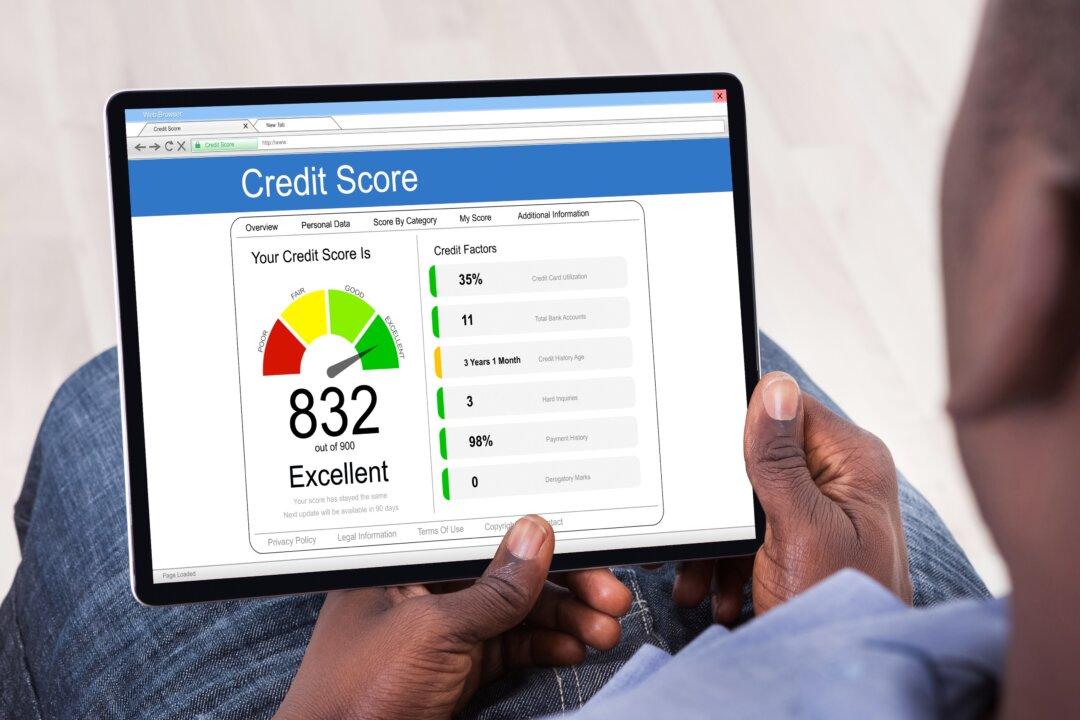There are many avenues that lead to damaged credit. You might have missed a few payments on an important loan. Maybe you have opened too many credit cards. You might have even defaulted on a mortgage or car loan. This may lead you to wonder how to rebuild a damaged Credit Score.
However you got here, your personal credit score is damaged, and it’s likely affecting your life in several negative ways: you might find yourself turned down for loans, getting worse rates for mortgages, and/or being rejected for apartment applications. Fortunately, you don’t have to stay in this situation forever. With the right techniques and the proper commitment, you can rebuild your credit score from the ground up.






